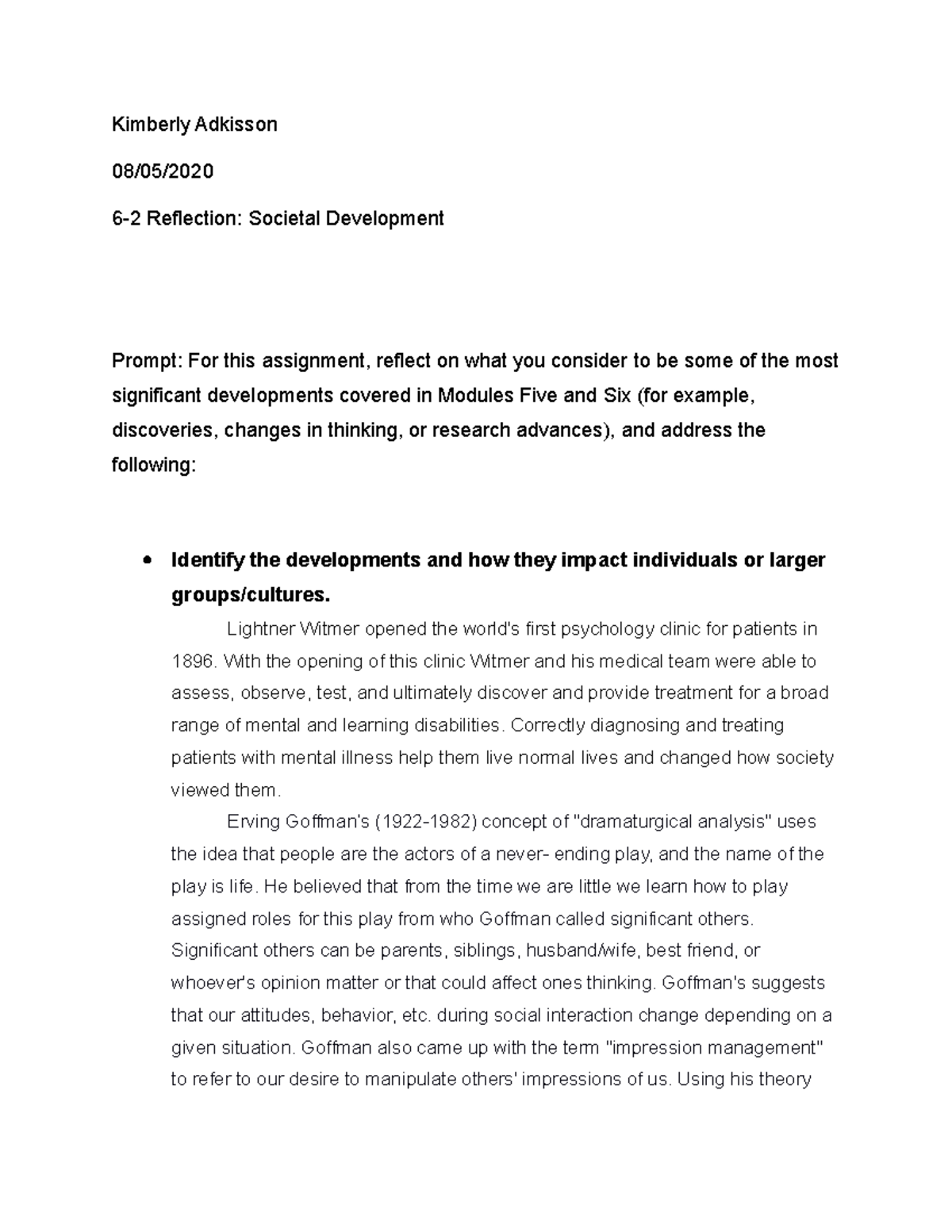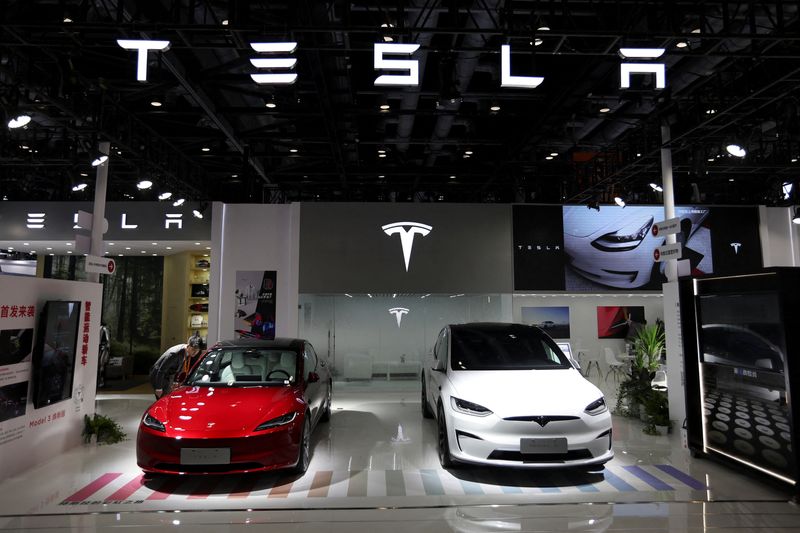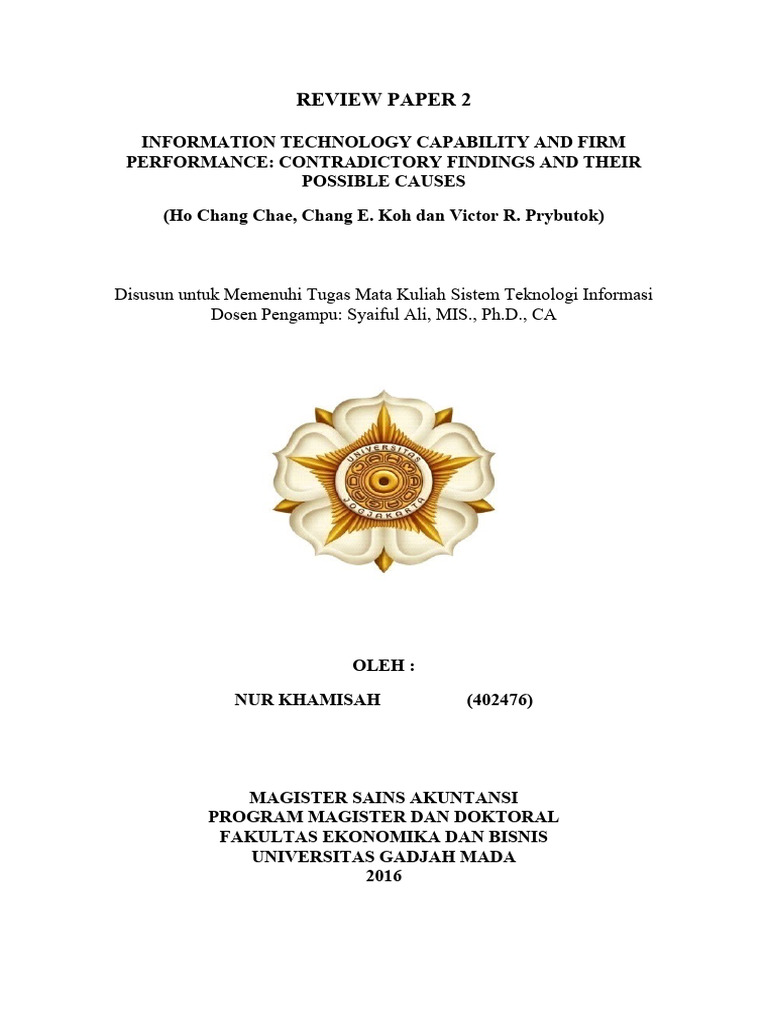EU Energy Security: Addressing The Russian Gas Spot Market

Table of Contents
The Vulnerabilities of the EU Spot Gas Market to Russian Influence
The EU's dependence on Russian gas, especially within the unpredictable spot market, has exposed it to significant vulnerabilities. This over-reliance has created a complex web of challenges impacting both price stability and geopolitical influence.
Price Volatility and Market Manipulation
The dependence on Russian gas in the spot market has led to significant price volatility, making it vulnerable to manipulation by Russia. Fluctuations in supply, often driven by geopolitical factors, have directly translated into dramatic price swings, impacting European businesses and consumers.
- Examples of price spikes: The sharp price increases observed in 2021 and 2022, directly linked to reduced Russian gas exports, serve as stark examples of this vulnerability. These spikes caused significant economic hardship across the EU, highlighting the urgent need for diversification.
- Geopolitical leverage: Russia has repeatedly used its gas supply as a geopolitical tool, leveraging its dominant position to exert influence on EU member states. This underscores the critical need for the EU to reduce its dependence on a single supplier.
- Impact on European businesses and consumers: The volatility in gas prices translates directly to higher energy bills for consumers and increased production costs for businesses, affecting competitiveness and economic stability across the EU.
Lack of Diversification in Supply Sources
The EU's over-reliance on Russian pipelines for natural gas imports has created a dangerous lack of diversification in its energy supply. This singular dependence leaves the bloc highly susceptible to disruptions and manipulations.
- Statistics on Russian gas imports: For years, Russia supplied a significant percentage of the EU's gas needs. This heavy reliance made the EU extremely vulnerable to supply shocks.
- Pipeline gas dependence vs. other energy sources: A comparison of reliance on pipeline gas versus LNG imports, renewable energy, and other sources clearly illustrates the imbalance and the inherent risks. The disparity emphasizes the critical need for a broader energy mix.
- Need for alternative suppliers: Diversifying gas supply sources to include LNG from the US, Qatar, and other reliable partners is paramount to mitigating the risks of Russian energy dominance.
Infrastructure Limitations
Inadequate infrastructure to handle LNG imports and integrate renewable energy sources has significantly hampered diversification efforts within the EU. Modernizing and expanding the energy infrastructure is crucial for a more resilient and secure energy future.
- LNG terminal capacity and expansion plans: The existing capacity of LNG terminals across the EU needs significant expansion to handle increased imports from alternative sources. The development of new terminals and expansion of existing ones are vital.
- Role of pipeline interconnections: Improving cross-border pipeline connections between EU member states is critical for efficient gas distribution and to ensure the security of supply.
- Challenges in grid modernization and renewable integration: Upgrading the existing electricity grid to effectively integrate renewable energy sources like solar and wind power is essential for a successful energy transition. This requires substantial investment and careful planning.
Strategies for Enhancing EU Energy Security
The EU is implementing a comprehensive strategy to enhance its energy security and reduce its reliance on Russian gas in the spot market. This multi-pronged approach is crucial for achieving long-term energy independence.
Diversifying Gas Supply Sources
The EU is actively pursuing alternative gas suppliers and import routes to reduce its dependence on Russia. This includes increasing LNG imports, exploring new pipeline projects, and bolstering gas storage capacity.
- Increased LNG imports from the US, Qatar, and other countries: The EU is actively negotiating long-term contracts with diverse LNG suppliers to reduce reliance on Russian pipelines.
- New pipeline projects with alternative suppliers: The development of new pipeline infrastructure, connecting the EU to alternative gas sources, is crucial for long-term energy security.
- Role of gas storage facilities: Increasing gas storage capacity allows the EU to better manage seasonal demand fluctuations and better withstand temporary supply disruptions.
Accelerating the Energy Transition
Shifting towards renewable energy sources is vital for long-term energy security and independence. This includes investing in renewable energy technologies and implementing policies to encourage their adoption.
- EU policies and initiatives promoting renewable energy: The EU has implemented various policies and initiatives to support the expansion of renewable energy sources, including solar, wind, hydro, and biomass.
- Potential of renewable energy to replace fossil fuels: Renewable energy sources represent a pathway towards energy independence and reduced reliance on volatile fossil fuel markets.
- Energy efficiency measures to reduce demand: Improving energy efficiency across all sectors—buildings, transportation, and industry—is crucial for reducing overall energy consumption and lowering reliance on gas imports.
Strengthening Energy Market Regulation
Improving market transparency and regulation can help mitigate price volatility and prevent manipulation. This involves enhancing market oversight and ensuring fair competition among energy suppliers.
- Initiatives to improve market transparency and regulatory oversight: Greater transparency in gas markets can help prevent manipulation and ensure fair pricing. Enhanced regulatory oversight is crucial.
- Measures to prevent market manipulation and ensure fair competition: Stronger regulations are needed to prevent market manipulation and ensure fair competition among energy suppliers, promoting a level playing field.
- Measures to support energy storage and grid modernization: Investments in energy storage technologies, such as batteries and pumped hydro, are vital for integrating renewable energy and ensuring grid stability.
Conclusion
The EU faces a significant challenge in achieving energy security and breaking free from its dependence on Russian gas, particularly in the spot market. However, through a multi-pronged approach including diversifying supply sources, accelerating the energy transition towards renewables, and strengthening market regulation, the EU can make substantial progress towards a more secure and sustainable energy future. Investing in robust infrastructure, fostering international partnerships, and implementing effective energy policies are crucial steps to achieving true EU energy security and reducing vulnerability to Russian gas in the spot market. Continued commitment to these strategies will ensure a more resilient and independent energy landscape for Europe. The future of EU energy security hinges on consistent action to diversify away from Russian gas reliance within the spot market.

Featured Posts
-
 Village Roadshow And Alcon 417 5 Million Deal Finalized
Apr 24, 2025
Village Roadshow And Alcon 417 5 Million Deal Finalized
Apr 24, 2025 -
 The La Wildfires A Reflection Of Societal Trends In Disaster Betting
Apr 24, 2025
The La Wildfires A Reflection Of Societal Trends In Disaster Betting
Apr 24, 2025 -
 Teslas Q1 Profit Fall Examining The Impact Of Controversies
Apr 24, 2025
Teslas Q1 Profit Fall Examining The Impact Of Controversies
Apr 24, 2025 -
 Is Open Ai Buying Google Chrome Chat Gpt Ceo Weighs In
Apr 24, 2025
Is Open Ai Buying Google Chrome Chat Gpt Ceo Weighs In
Apr 24, 2025 -
 Canadian Dollars Contradictory Performance Analysis And Outlook
Apr 24, 2025
Canadian Dollars Contradictory Performance Analysis And Outlook
Apr 24, 2025
